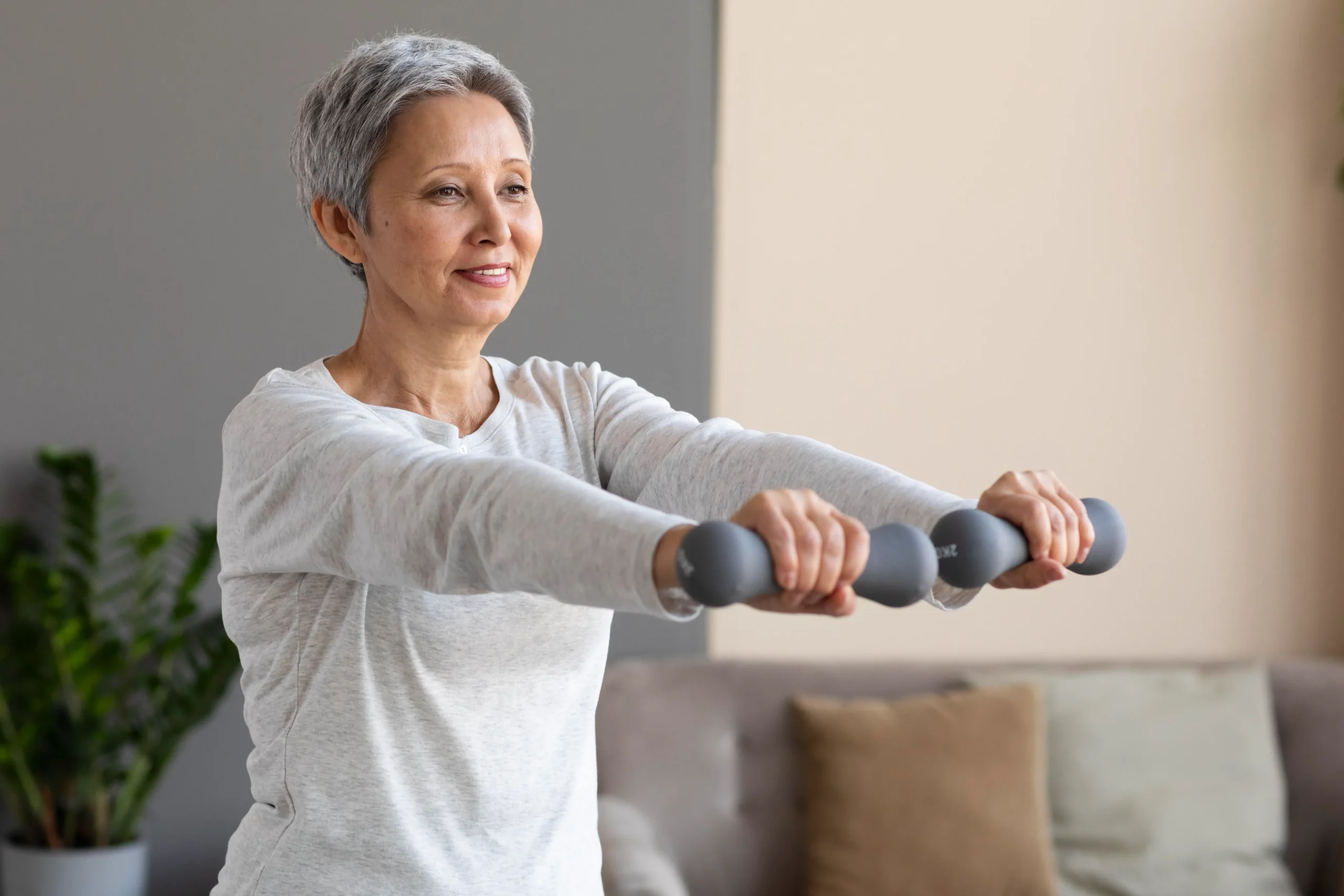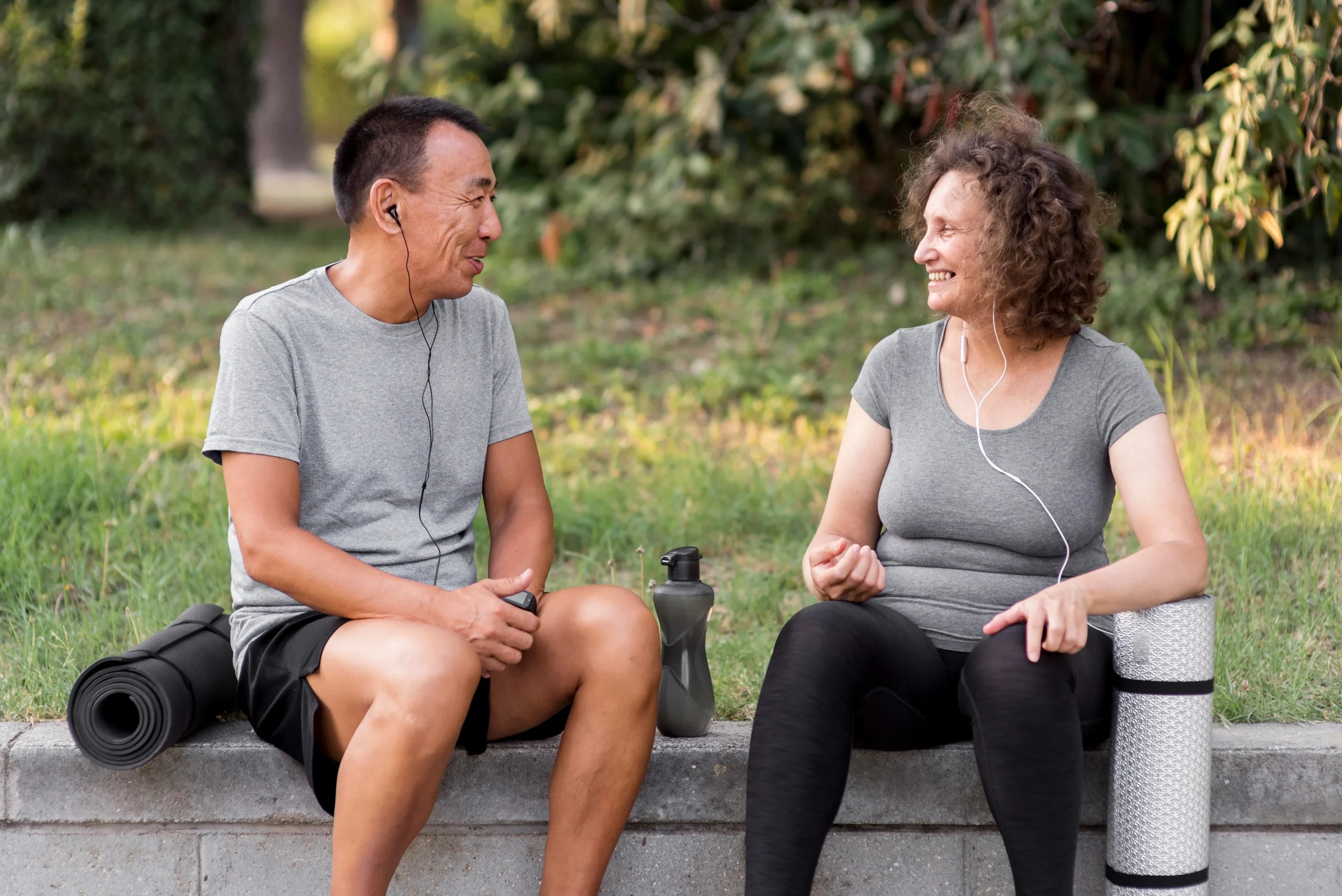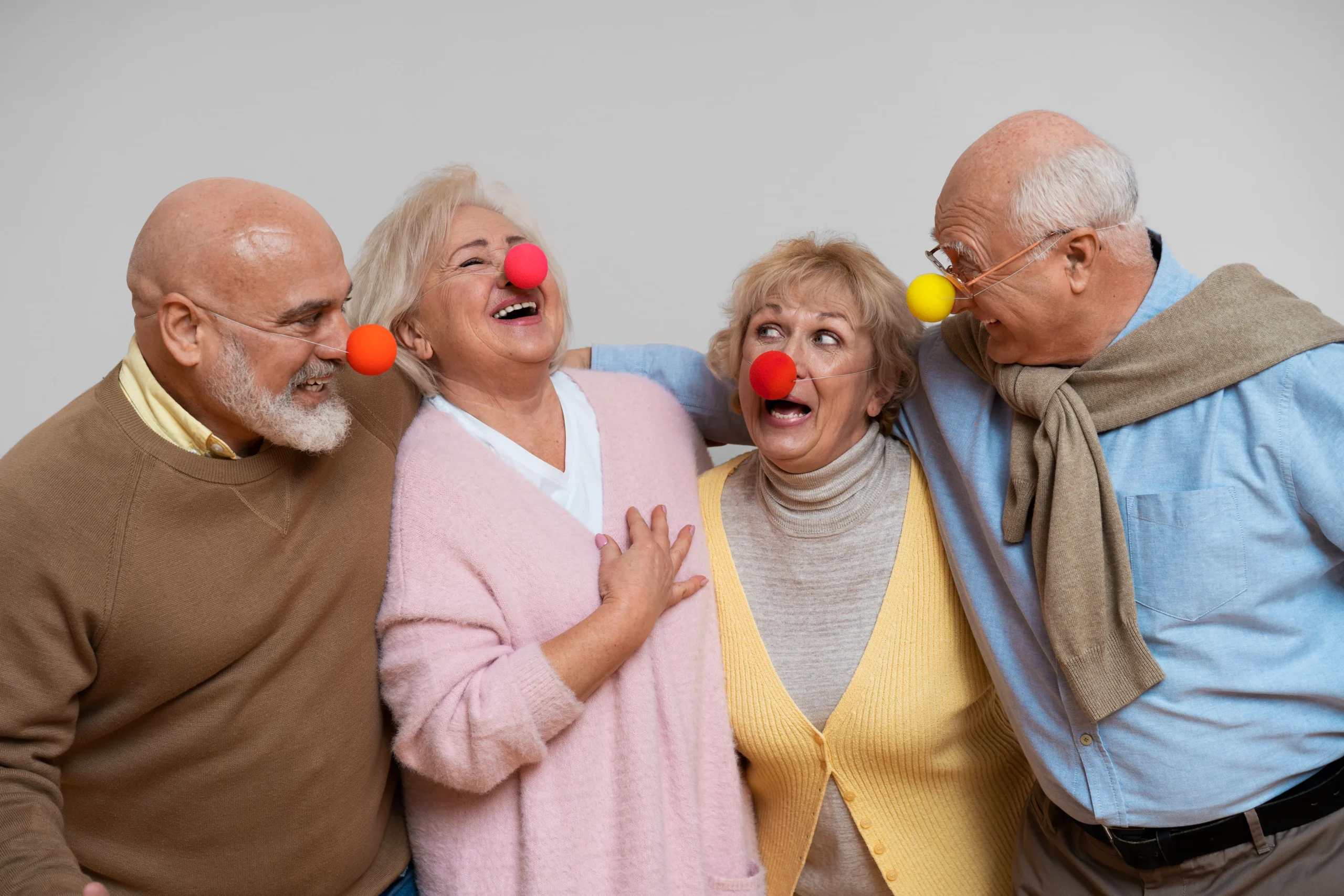Living Longer Is Not Enough — The Goal Is to Live Better
People are living longer than ever before, but longevity without quality of life is not the goal. Healthy aging isn’t about avoiding wrinkles or chasing eternal youth — it’s about staying independent, sharp, and vibrant at every stage of life. The good news? You don’t need drastic changes or complicated routines. Simple daily habits are what truly make a difference over time.
Below, you’ll find practical, science-backed strategies to help you stay active, mentally sharp, and emotionally balanced as you age.
Move Your Body Every Day: Physical Activity as a Foundation
Physical activity is one of the most effective ways to promote healthy aging. It improves strength, balance, cardiovascular health, and even mental well-being.
You don’t have to hit the gym to see results.
Walking, swimming, dancing, light strength training, or yoga can all be adapted to your lifestyle and fitness level.
Key benefits include:
- Reduced risk of chronic diseases like diabetes, hypertension, and osteoporosis
- Better coordination and balance (helping prevent falls)
- Improved mood and sleep
- More energy and functional mobility
According to the World Health Organization (WHO), adults over 60 should aim for at least 150 minutes of moderate physical activity per week.

Eat with Purpose: Nutrition That Supports Your Health
What you eat has a direct impact on how you age. After age 50, the body’s nutritional needs shift. Prioritizing nutrient-dense foods becomes crucial.
A smart aging diet includes:
- Fresh fruits and vegetables (rich in fiber and antioxidants)
- Whole grains
- Lean proteins (like fish, chicken, legumes)
- Healthy fats (olive oil, nuts, avocado)
Avoid ultra-processed foods, excess sugar, and sodium. These can accelerate inflammation and increase the risk of heart disease, obesity, and cognitive decline.

Keep Your Mind Sharp: Mental Health and Brain Fitness
Staying mentally engaged is just as important as staying physically active. Cognitive decline is not inevitable, and the brain, like any muscle, needs regular exercise.
To stimulate your brain:
- Read daily
- Learn something new (a language, instrument, or skill)
- Solve puzzles, crosswords, or memory games
- Engage in meaningful conversations
Protecting your mental health also means managing stress, recognizing symptoms of anxiety or depression, and seeking support when needed.

Prioritize Sleep: Your Body’s Natural Reset Button
Sleep quality often declines with age, yet it remains essential for physical and cognitive function. Poor sleep can affect memory, mood, metabolism, and immune response.
To improve sleep:
- Stick to consistent sleep and wake times
- Limit screen time at night
- Avoid caffeine and heavy meals before bed
- Create a quiet, cool, dark sleeping environment
Adults should aim for 7–8 hours of quality sleep per night to allow proper recovery and hormonal balance.

Stay Connected: Social Bonds Strengthen Well-Being
Loneliness is one of the silent threats to healthy aging. Regular social interaction has been shown to reduce the risk of depression, cognitive decline, and even heart disease.
Ways to stay socially active:
- Join local groups, clubs, or classes
- Maintain regular contact with family and friends
- Volunteer for causes you care about
- Participate in community or religious events
Strong social ties foster a sense of belonging and purpose — both key to mental and emotional resilience.

Embrace Prevention: Proactive Health Care Matters
Routine check-ups and early detection can prevent complications and make treatments more effective. After a certain age, health maintenance requires regular attention.
What to include in your routine:
- Annual physical exams
- Blood pressure, cholesterol, and glucose monitoring
- Eye, dental, and hearing check-ups
- Vaccinations and screenings as recommended
Self-care also extends to hydration, posture, skincare, and mobility exercises — small details that have long-term impact.

Conclusion: Start Small, Stay Consistent, Age Well
Healthy aging isn’t about perfection — it’s about consistency. A few simple choices, made every day, can protect your health and quality of life for years to come.
Stay active, nourish your body, engage your mind, sleep well, and surround yourself with positive relationships. These are the building blocks of a long and fulfilling life.
The best time to start? Today.

John Doe
DesignationClick here to change this text. Lorem ipsum dolor sit amet, consectetur adipiscing elit. Ut elit tellus, luctus nec ullamcorper mattis, pulvinar dapibus leo.
Easy Ways to Enjoy the Sun Safely on Your Vacation
Vacations are for fun, seeing new things, and often, enjoying the sunshine. But being safe…


